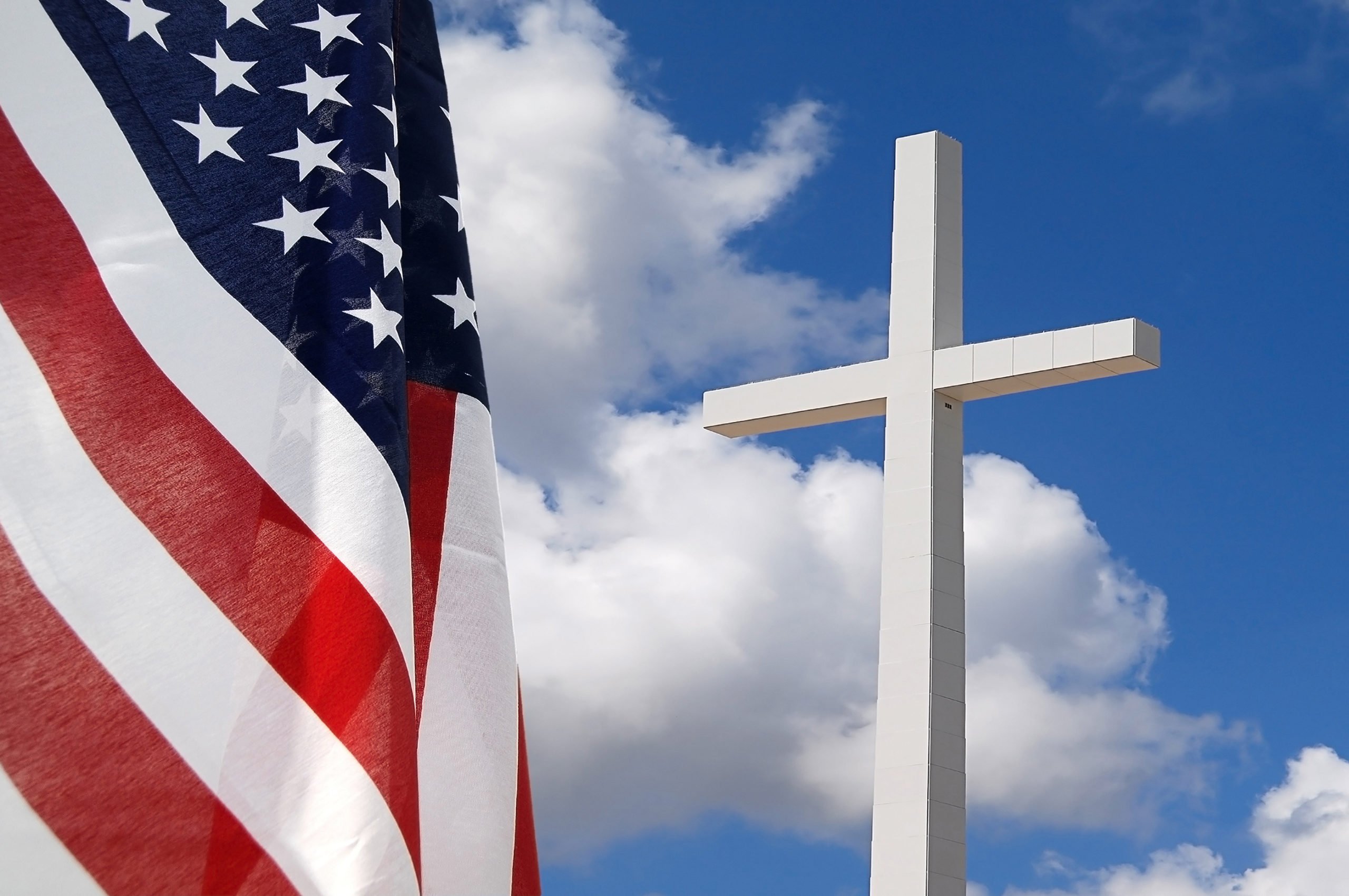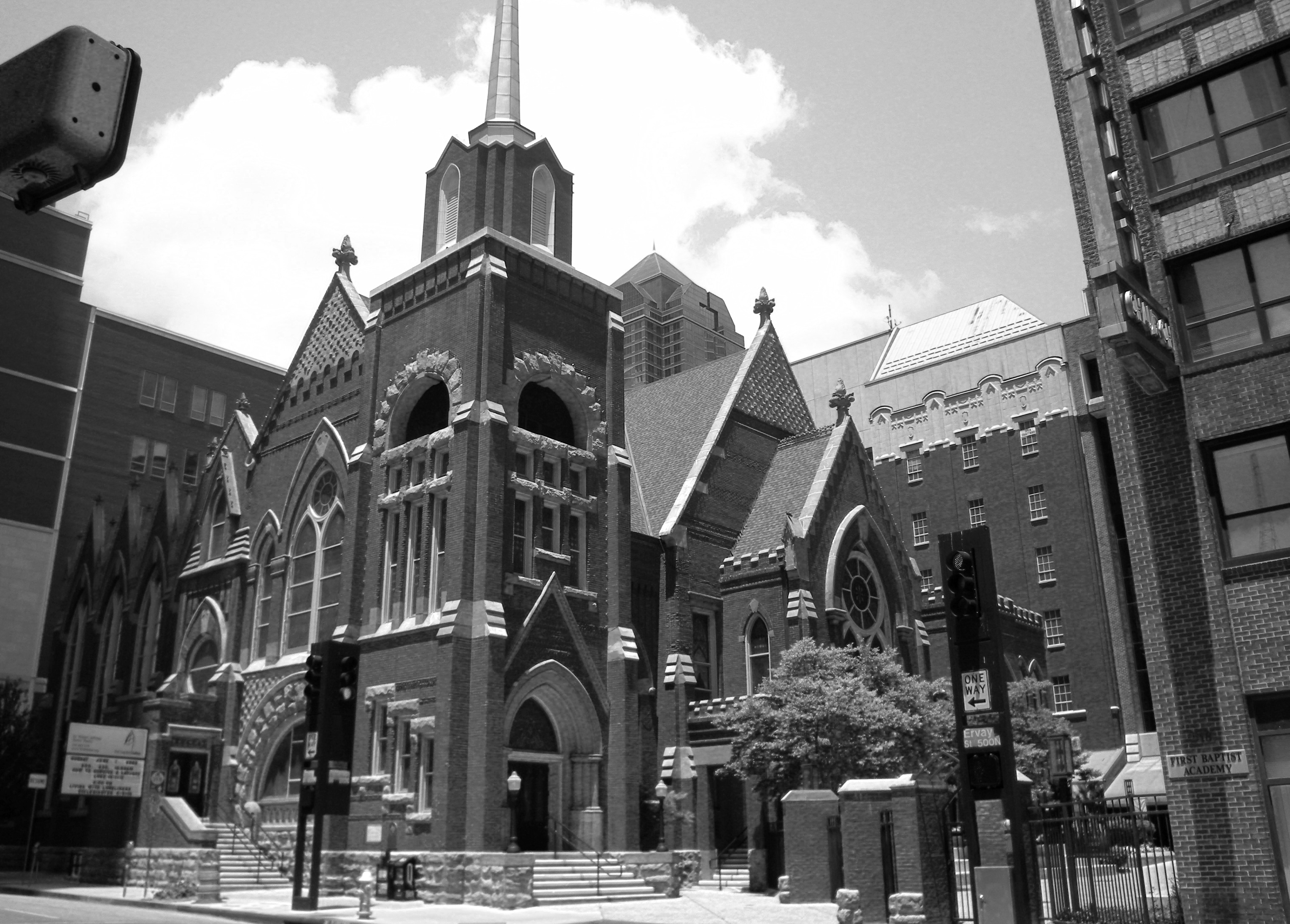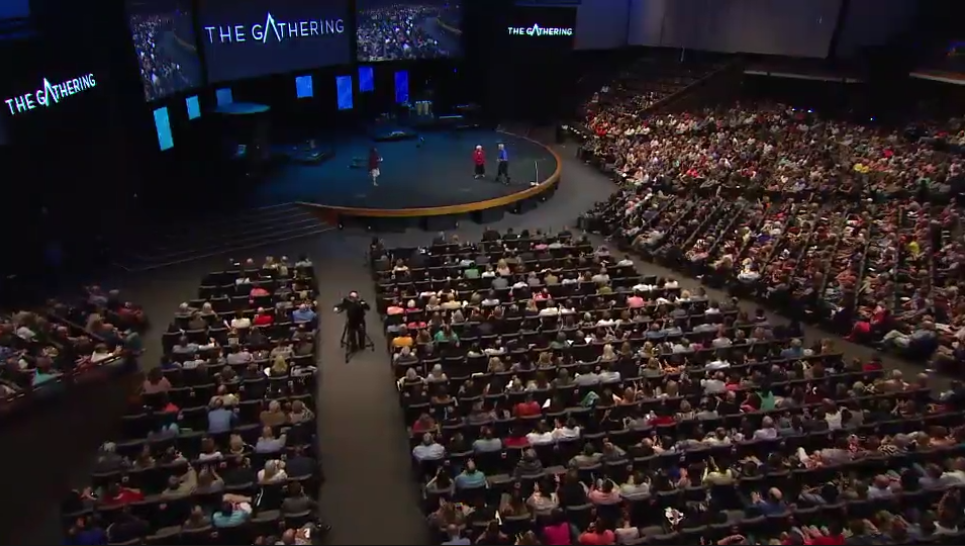
‘Sermon Safeguard’ Bill is All About Preaching to the Choir
Supporters claim the legislation shielding pastors from subpoenas will protect religious liberty, but it’s more symbolism than solution.
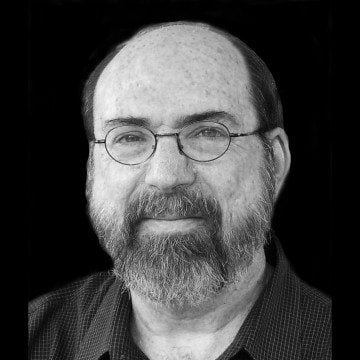
In 2014, amid a bruising fight over the Houston Equal Rights Ordinance (HERO), the city of Houston subpoenaed sermons from five pastors opposed to the nondiscrimination proposal. City attorneys were responding to a suit brought by the pastors after the city rejected their petition to put HERO to a vote. The city wanted to know what instructions the pastor gave their congregants about the petition drive.
However, the subpoenas went well beyond that reasonable request. They also demanded sermons and other communications about Mayor Annise Parker, homosexuality and gender identity. HERO opponents accused the city of conducting a “witch-hunt,” and then-Attorney General Greg Abbott called the subpoenas “a direct assault” on “religious liberty.”
While such charges were more hyperbole than fact, independent observers criticized the subpoenas as far too broad, and Parker eventually withdrew them. It was a major blunder by the mayor, fueling outrage among the religious right that now, two and a half years later, has rolled into the Capitol.
Last week, a Senate committee heard Senate Bill 24, authored by state Senator Joan Huffman, R-Houston. Lieutenant Governor Dan Patrick has made the bill one of his legislative priorities, claiming it will “protect our First Amendment right to religious liberty” by “shield[ing] sermons from government subpoena power.”
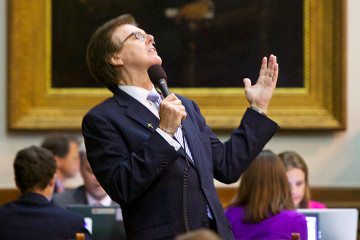
Such grandstanding makes for good politics, of course. And, indeed, a handful of religious leaders from across the theological spectrum have praised the bill, including nonpartisan interfaith group Texas Impact. But a closer look reveals that the legislation is unnecessarily overreaching and could cause problems of its own.
Instead of targeting dragnet subpoenas like those in the HERO case, SB 24 takes a blunderbuss approach: It bars all government ability to subpoena sermons in any civil or administrative action in which the government is a party — even when the content of those sermons might be relevant to the case, and even when the government is the one being sued, as in the fight over HERO.
Such a sweeping measure makes sense if you buy the religious right’s narrative about the HERO sermon subpoenas. During testimony on SB 24 this week, Jonathan Saenz of Texas Values, a religious right group, said that in issuing the subpoenas the city of Houston “tried to reach into the church and tell them what to do.” SB 24 is needed, Saenz contended, so that people of faith will not “feel like the government is going to use some improper power to try to silence” and “intimidate them.”
Yet that account doesn’t fit the facts. While the HERO subpoenas undoubtedly requested too much information, they did nothing to silence the pastors or tell them what to preach. In fact, two of the subpoenaed pastors, Steve Riggle and Dave Welch, continued to speak out against city officials and HERO.
SB 24 is an overreaction to the HERO subpoenas, according to University of Houston law professor Linzer and two other legal experts. Linzer argued the city had legitimate grounds to find out what guidance pastors had given their congregants about the petitions. For example, if pastors had instructed them to cheat on the petition drive, “that would [have been] very relevant in the lawsuit,” he said.
Linzer also noted that the subpoena controversy was an isolated incident. “That’s the only case I’m aware of,” he said. “It was withdrawn, the mayor was unhappy with it, the city attorney … tried to distance himself from it.” SB 24, he said, is “nonsense about a non-issue” and “much ado about nothing.”
South Texas College of Law professor Charles W. “Rocky” Rhodes also said the bill is unnecessary. “First Amendment safeguards of religious autonomy,” Rhodes told me, already protect sermon content. More than a century of Supreme Court case law has established that judges and other government officials may not “interpret religious doctrine or rule on theological matters.”
Maggie Garrett, legislative director for Americans United for Separation of Church and State and a former civil liberties litigator, goes even further. She sees SB 24 as not only an overreaction, but “a potentially dangerous” one as well.
Though sermons are “constitutionally protected speech,” Garrett said, “that doesn’t mean that preachers can escape the reach of all laws.” She cited cases where religious leaders, acting “under the cloak of religious belief and speech,” have broken the law, “including sexual abuse, forced underage marriage, corporal punishment and child abuse.” Since “a civil suit may be the best way to achieve justice,” Garrett said, SB 24’s blanket ban on sermon subpoenas in civil cases “could prevent access to important evidence.”
But whatever the long-term effects, it’s clear that SB 24 is less about protecting religious speech, which was never really under threat in the HERO case, and more about symbolism. It’s a way for the lieutenant governor to show his religious right allies that he’s on their side and to keep alive the culture wars on which he seems to have staked his political future.
